Published Mar 22, 2023
Captain Kirk's Wisest Quotes
The Enterprise captain shared plenty of words of wisdom across three seasons and seven movies.
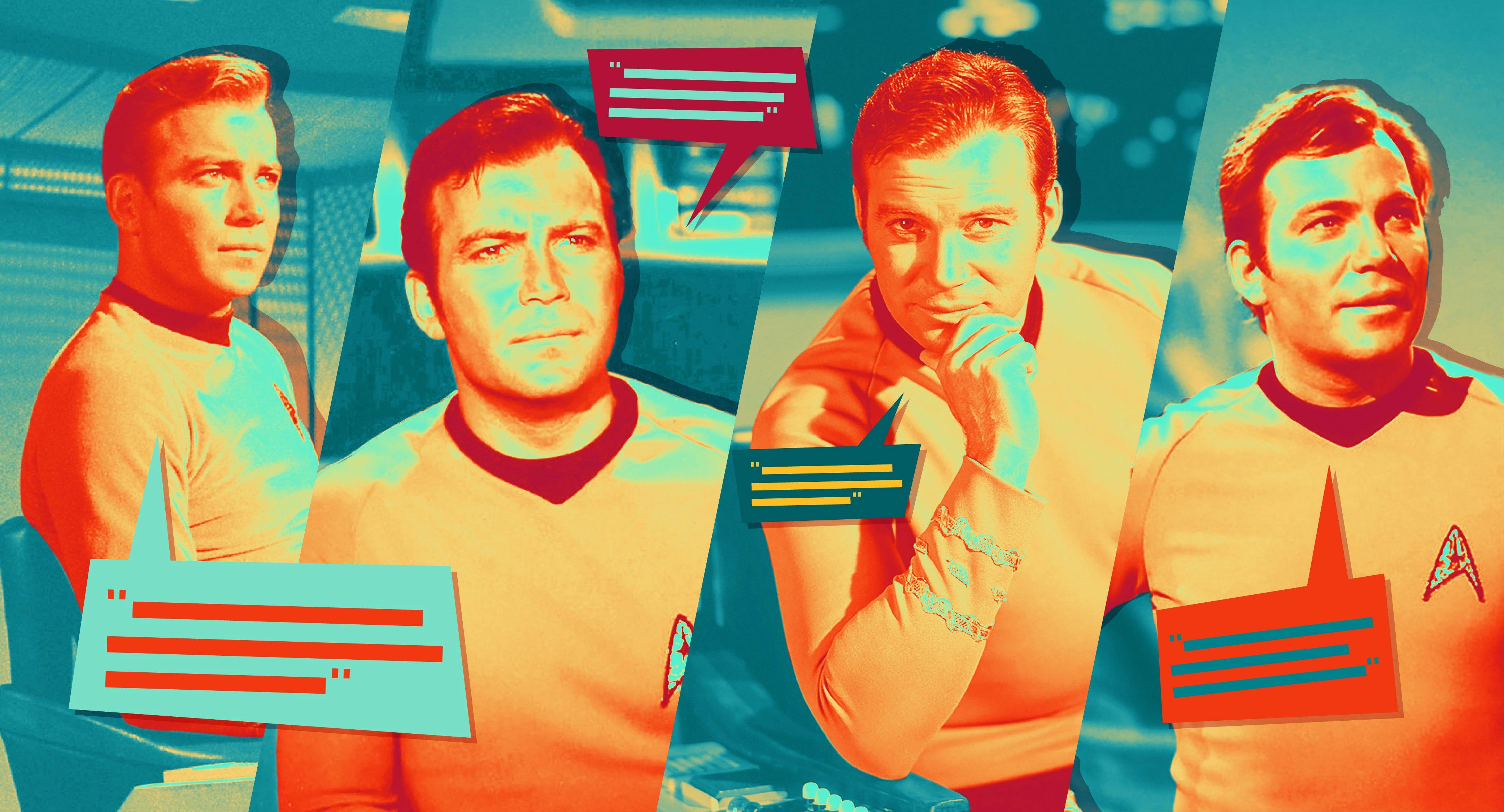
StarTrek.com
To celebrate Star Trek legend William Shatner’s birthday, we thought today would be an excellent time to reflect on the many pieces of wisdom that his character Captain James T. Kirk delivered throughoutStar Trek: The Original Series and over the course of seven films. Kirk conveyed his insight in many ways, ranging from clever quips and signature one-liners to profound statements and emotional pleas. The captain proved as unafraid to acknowledge his own failings as he was to challenge evils he encountered across the galaxy. Let’s wish Mr. Shatner the happiest of birthdays and absorb the lessons he delivered to us as Captain Kirk.
12. “Your father called the future, ‘The Undiscovered Country.’ People can be very frightened of change.” - Star Trek VI: The Undiscovered Country
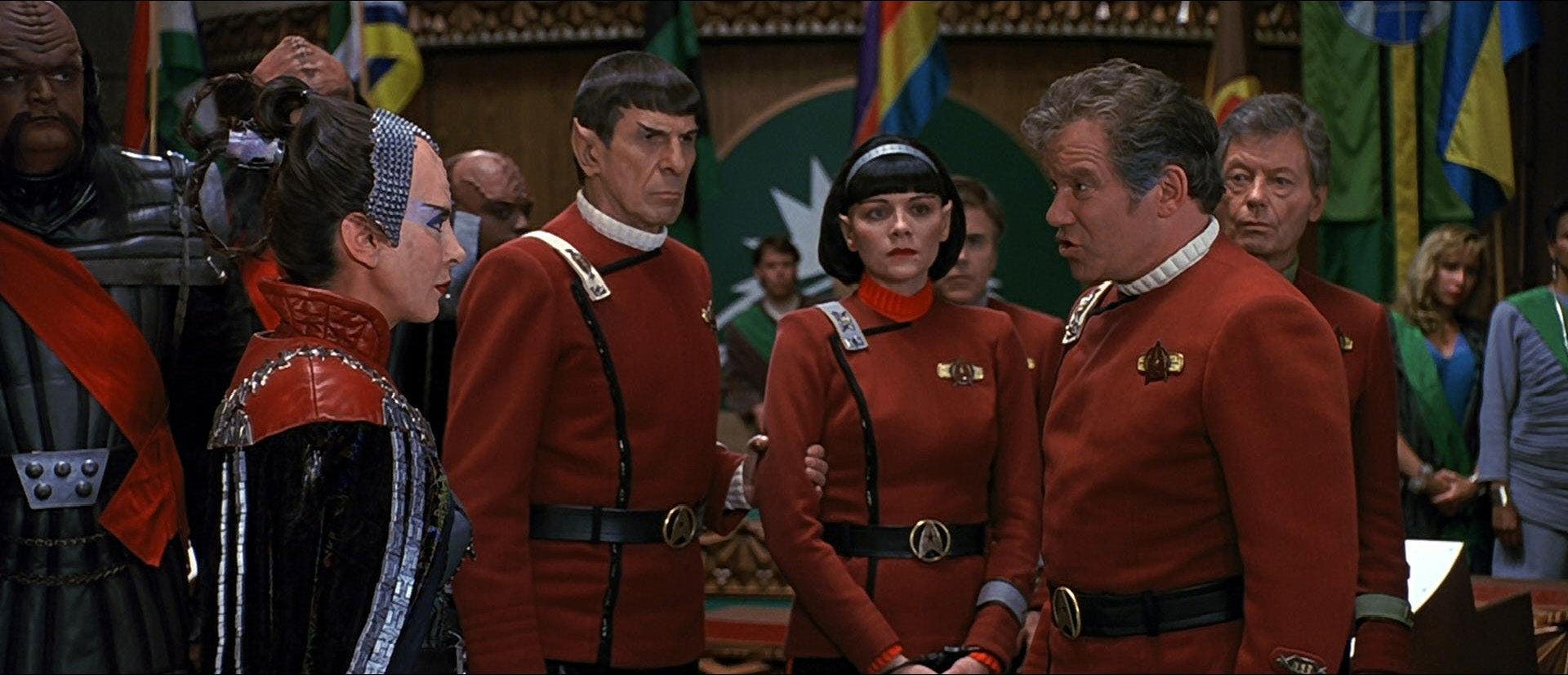
StarTrek.com
Speaking to Klingon Chancellor Azetbur about her father Gorkon’s hope for better relations between the Federation and Klingon Empire, Captain Kirk astutely points to the hesitancy that many people feel toward change. Earlier in the film, Kirk expressed his lingering anger over the death of his son at the hands of Klingons, thus making this quote even more potent as an admission of his own personal fear of a new future.
11. “Risk… risk is our business. That’s what this starship is all about. That’s why we’re aboard her.” - “Return to Tomorrow”
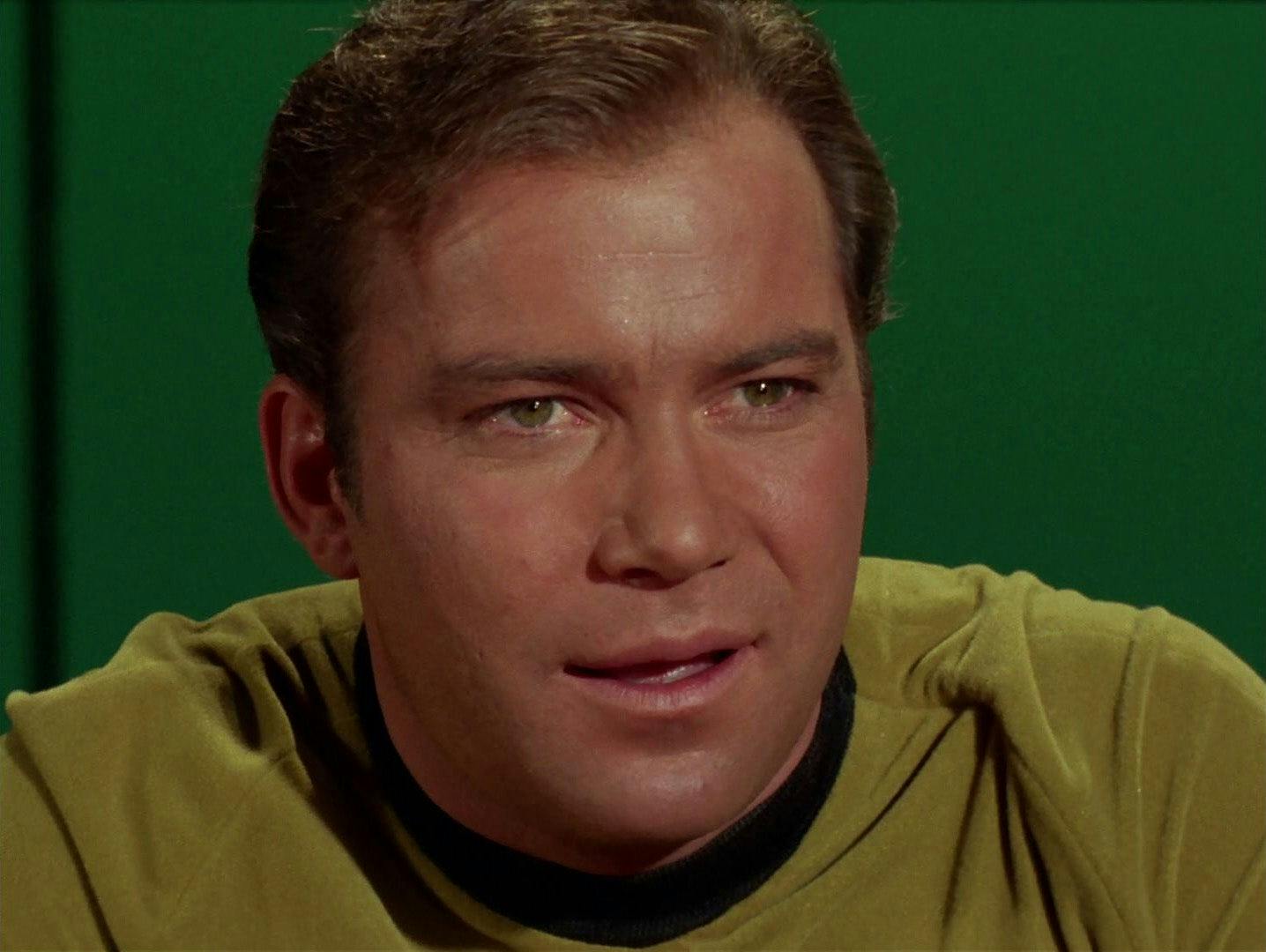
StarTrek.com
When McCoy expresses misgivings about the notion of allowing Sargon, Thalassa, and Henoch to temporarily inhabit the bodies of Kirk, Spock, and Mulhall, the captain calls upon the goals of exploration and scientific advancement as a way to rationalize the need to take risks in order to grow beyond ourselves. Kirk’s statement also summarizes the willingness to make sacrifices and the promise to pursue knowledge that every officer informally agrees to the moment they put on a Starfleet uniform.
10. “Your planet is dead! There’s nobody alive on Cheron, because of hate. The cause you fought about no longer exists… give yourselves time to breathe, give up your hate!” - “Let That Be Your Last Battlefield”
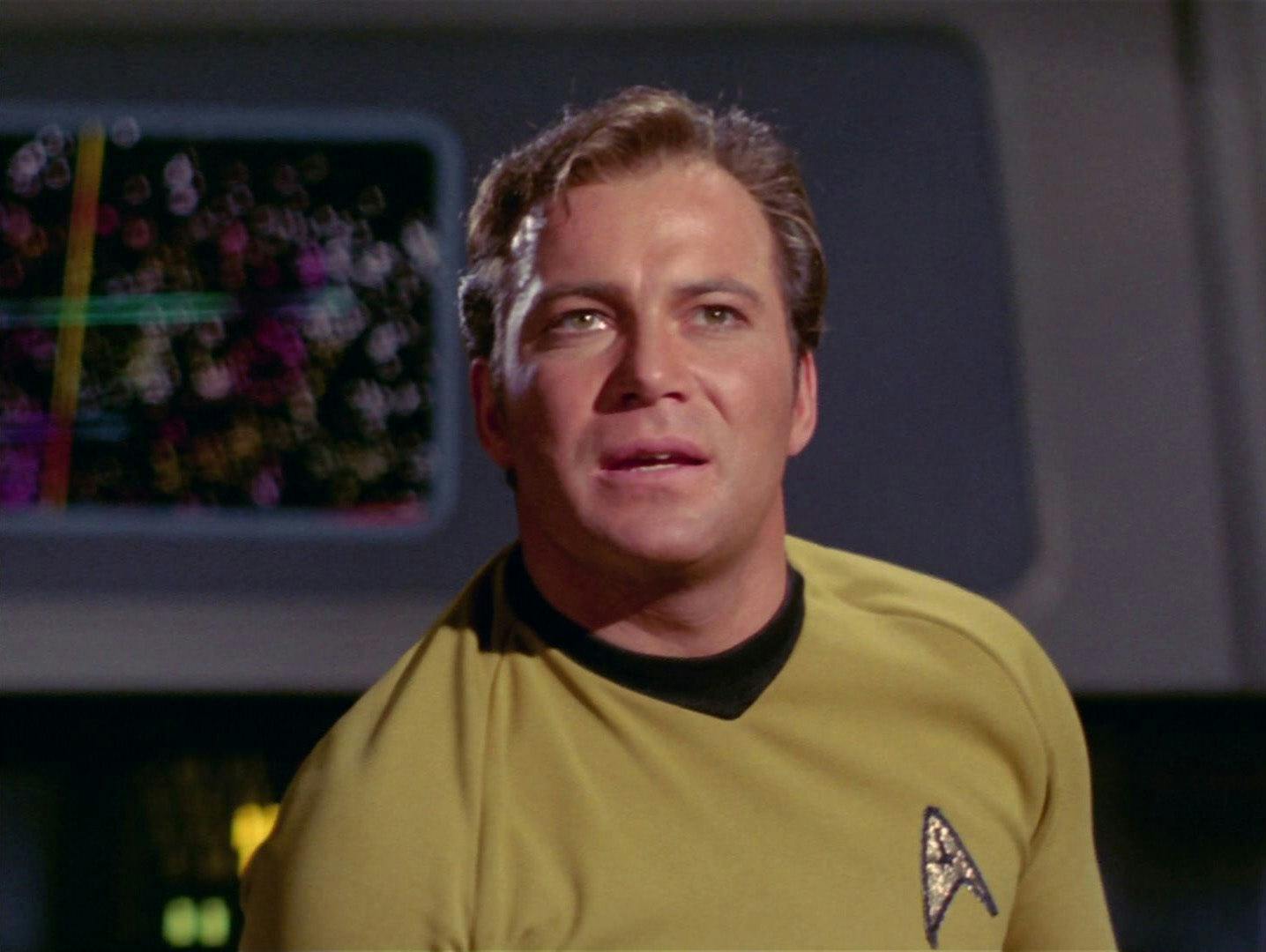
StarTrek.com
The racism that fueled the strife between Lokai and Bele reflected the bigotry that their peoples expressed for one another on their homeworld Cheron, and that hatred eventually led to a civil war that eradicated the planet’s entire population. Kirk’s plea for cooler heads to prevail goes unheeded by the duo, yet his rational argument to pause the conflict and take time to reconsider their positions remains profound. Kirk exposes hate as a fault that can be avoided, so long as one chooses to put that hatred behind them.
9. “Don’t let them promote you, don’t let them transfer you, don’t let them do anything that takes you off the bridge of that ship, because while you’re there, you can make a difference.” - Star Trek Generations
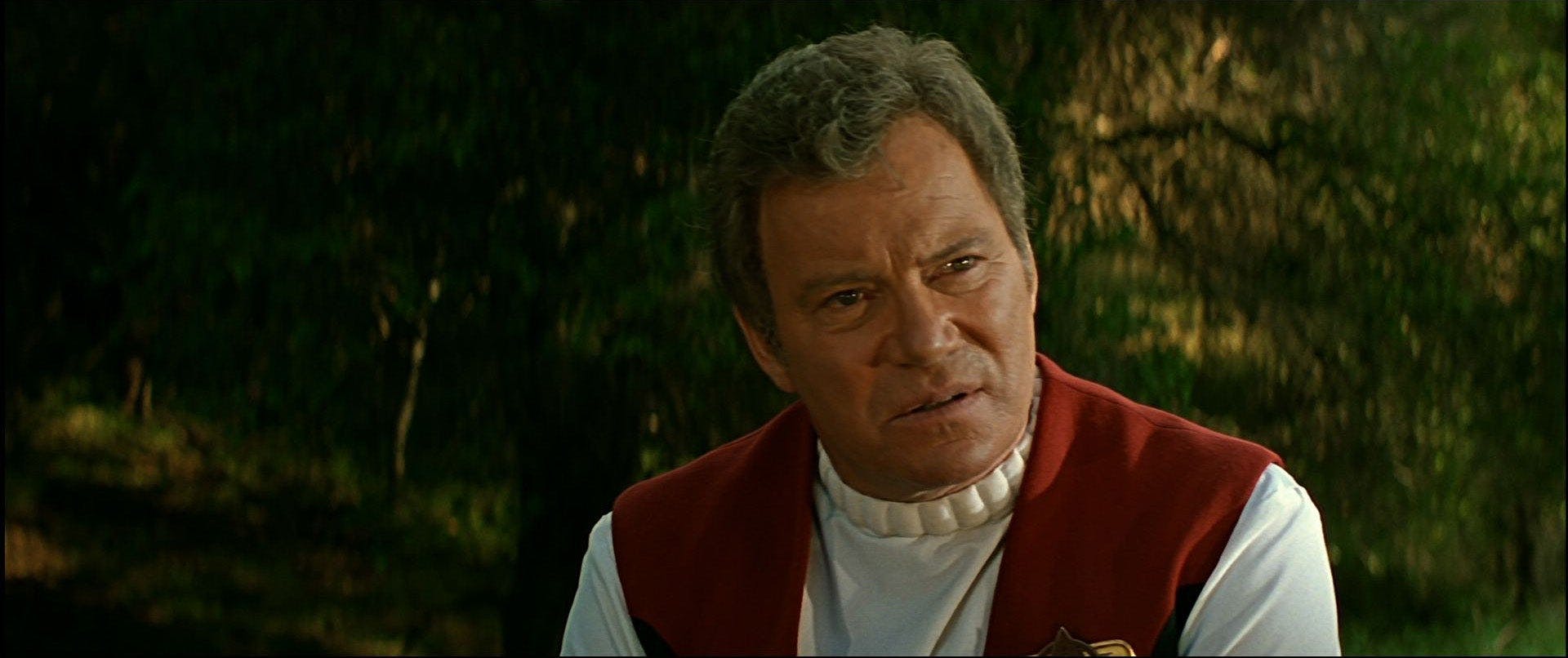
StarTrek.com
What happens when two iconic captains meet? The elder, more experienced officer shares his knowledge with his counterpart, of course! Having gone through the process of being promoted to the rank of admiral and realizing how much he missed the bridge of a starship, Kirk implores Picard to recognize the positive change that he can effect for others while being out among the stars and leading his own ship through perilous rescues, consular duties, and humanitarian aid.
8. “Excuse me, I’d just like to ask a question. What does God need with a starship?” - Star Trek V: The Final Frontier
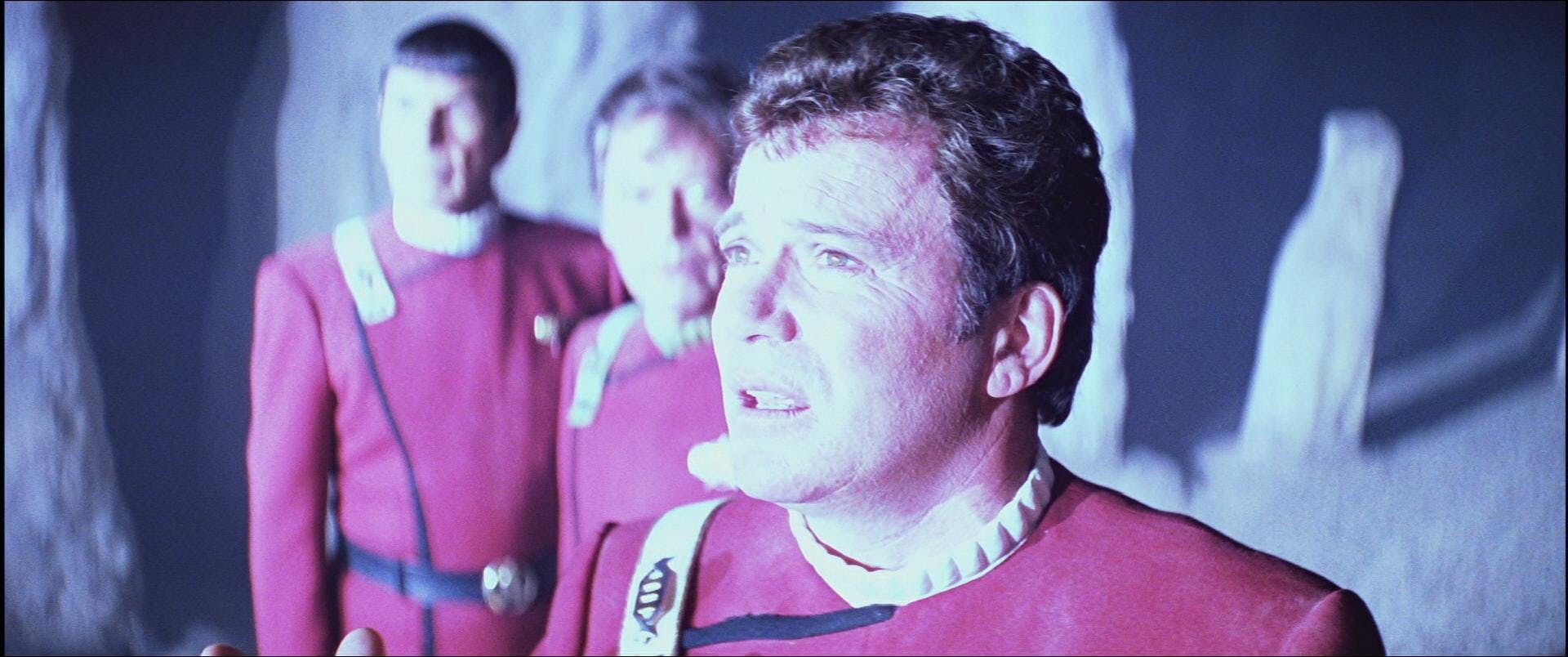
StarTrek.com
After reaching Sha Ka Ree and encountering the entity that claims to be the galaxy’s supreme deity, Kirk observes an oddity in God’s request to use the U.S.S. Enterprise-A as a means to carry his power throughout the heavens. As a result, Kirk questions the being’s divinity by delivering one of the most quotable lines in all of Star Trek. The captain’s ability to recognize the entity’s error and fearlessly present his query ultimately helps convince Sybok, Spock, and McCoy that the group is dealing with an alien presence rather than a supernatural deity.
7. “I don't believe in a no-win scenario.” - Star Trek II: The Wrath of Khan
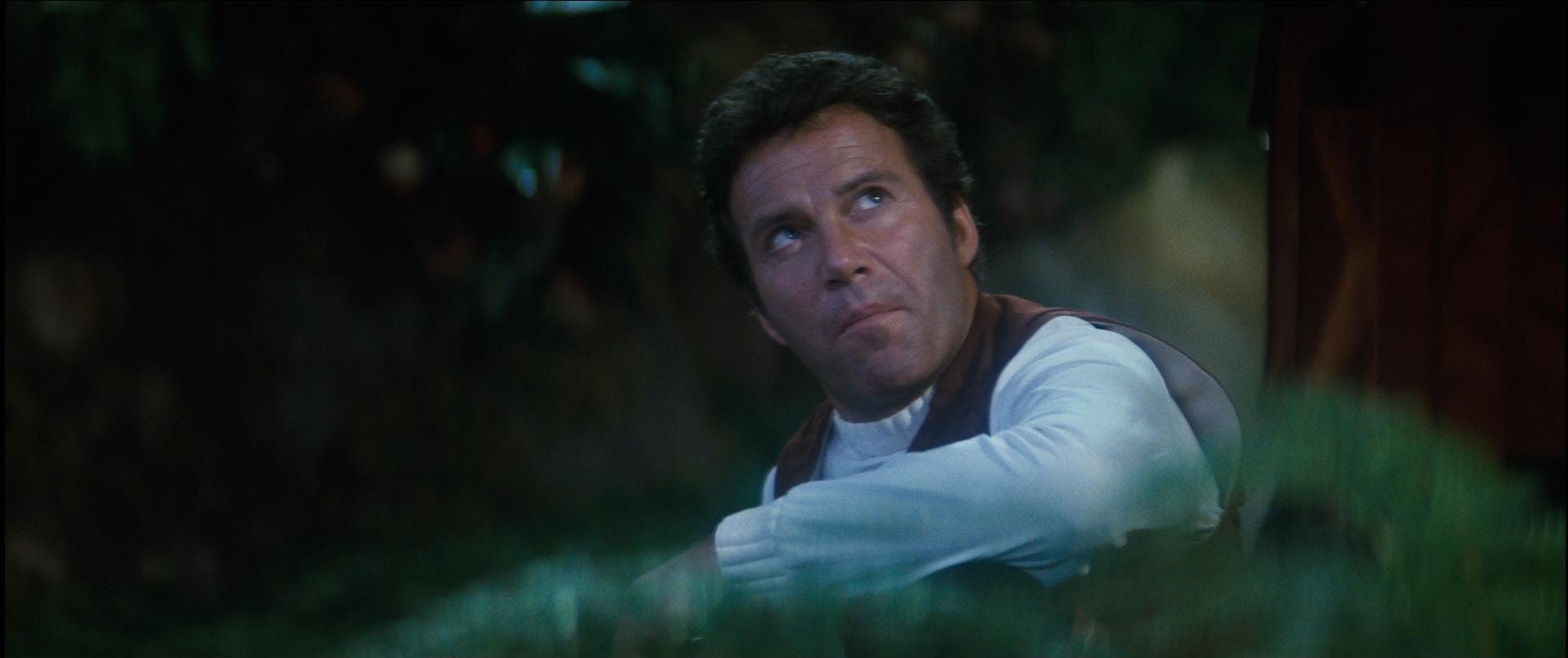
StarTrek.com
Trapped in the caverns of Regula I without any apparent hope for rescue, Saavik recoils when she learns that Kirk reprogrammed the Kobayashi Maru simulation so that he could rescue the ship. Saavik argues that the captain never truly faced the test’s “no-win scenario,” and Kirk calmly responds that he does not believe in such a situation. While some might see this as arrogance, Kirk knows that a captain must demonstrate confidence and strength to their crew. Of course, Kirk follows this discourse by contacting Spock and revealing that he had a plan of escape plotted out all along.
6. “We’re human beings with the blood of a million savage years on our hands, but we can stop it! We can admit that we’re killers, but we’re not going to kill today. That’s all it takes… knowing that we’re not going to kill today.” - “A Taste of Armageddon”
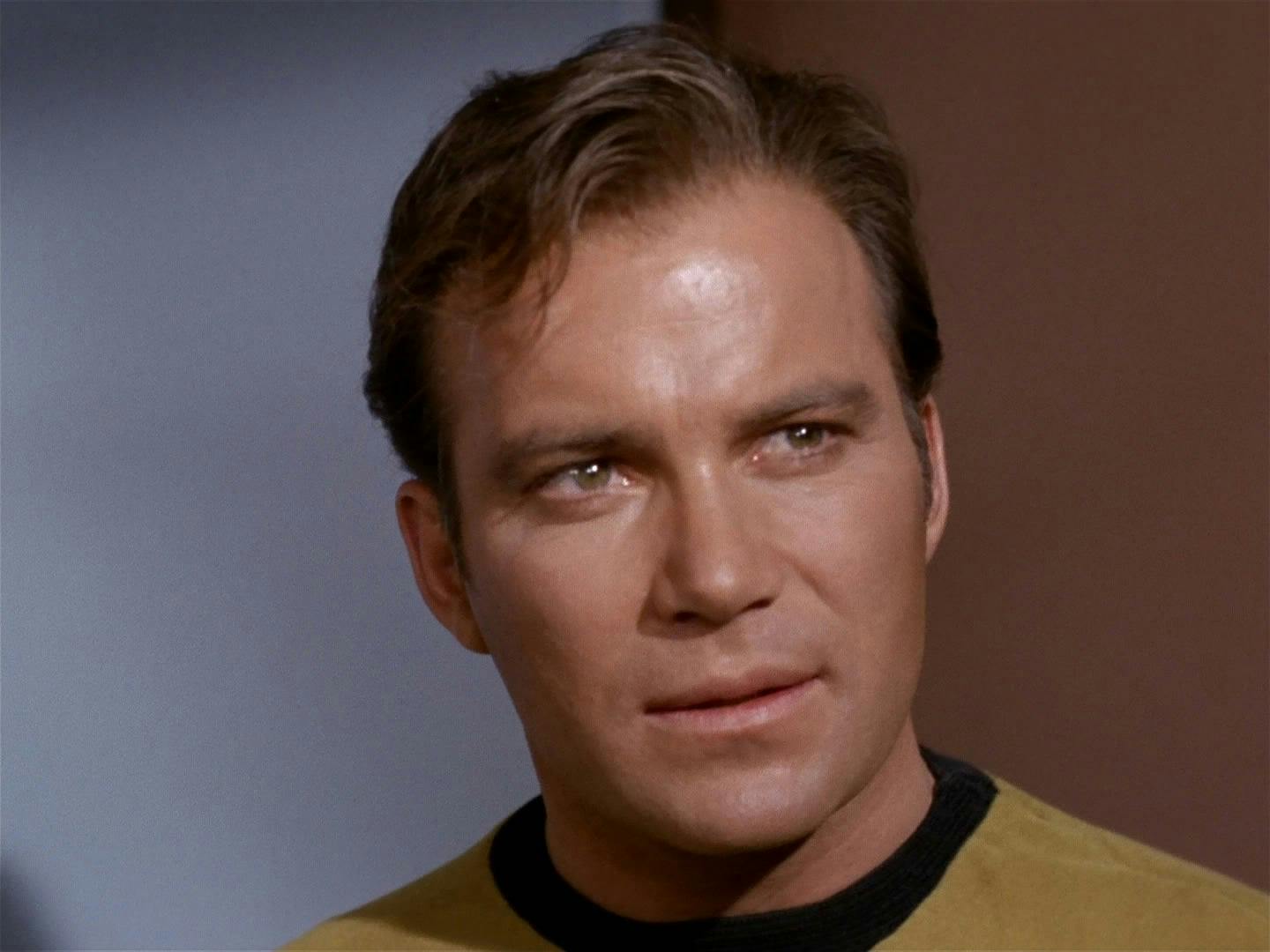
StarTrek.com
On Eminiar VII, where wars are fought with computers and citizens are willingly disintegrated as casualties, Kirk acknowledges humanity’s brutal past while also pointing out that we can better ourselves by choosing not to repeat our mistakes. We must decide to be better than our earlier selves and can move beyond our violent wrongs by accepting the conviction that we will cease those actions immediately.
5. “The needs of the one outweighed the needs of the many.” - Star Trek III: The Search for Spock
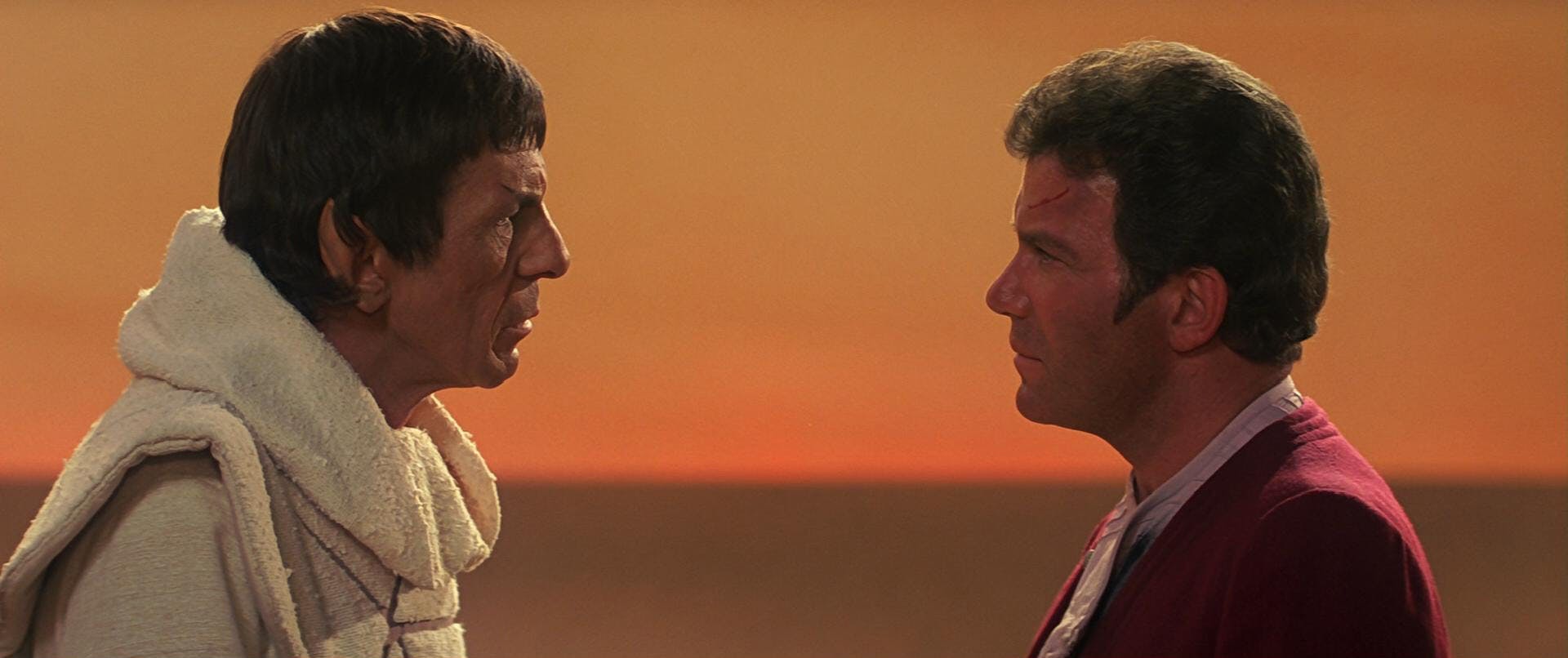
StarTrek.com
Having risked his career, endangered his crew, and lost his son and his starship on a quest to reunite Spock’s body with his katra, Kirk is rewarded with the apparent resurrection of his old friend. Still acclimating to his return, Spock questions why the captain would put so much on the line to come back for him. Kirk flips the popular Vulcan maxim around, illustrating that the plight of a single being can be just as important as the larger galactic picture. In a sense, Kirk posits that fighting for the many is fruitless without placing equal emphasis on the suffering of individuals, particularly those closest to us.
4. “You know that pain and guilt can’t be taken away with the wave of a magic wand! They’re the things we carry with us, the things that make us who we are. If we lose them, we lose ourselves. I don’t want my pain taken away, I need my pain!” - Star Trek V: The Final Frontier
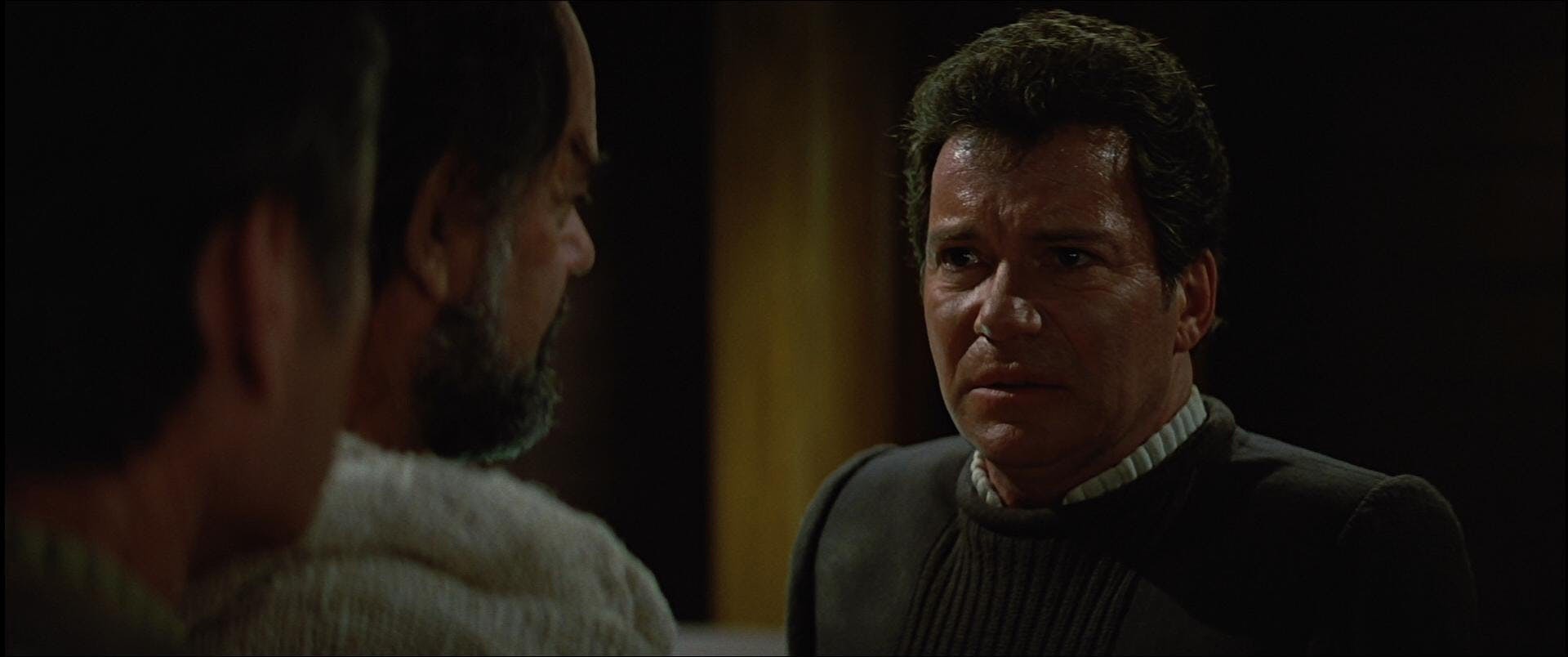
StarTrek.com
After Sybok lets McCoy relive his father’s passing, the doctor implores Kirk to permit Spock’s half-brother to do the same for him and release his pain. The captain’s response evokes the hard-earned wisdom that many of our toughest trials and most unbearable losses teach us invaluable lessons that shape our personalities and guide us through life. Kirk speaks truth to the fact that our pain is an integral part of who we become.
3. “Death, destruction, disease, horror… that’s what war is all about, Anan. That’s what makes it a thing to be avoided. You’ve made it neat and painless… so neat and painless, you’ve had no reason to stop it.” - “A Taste of Armageddon”
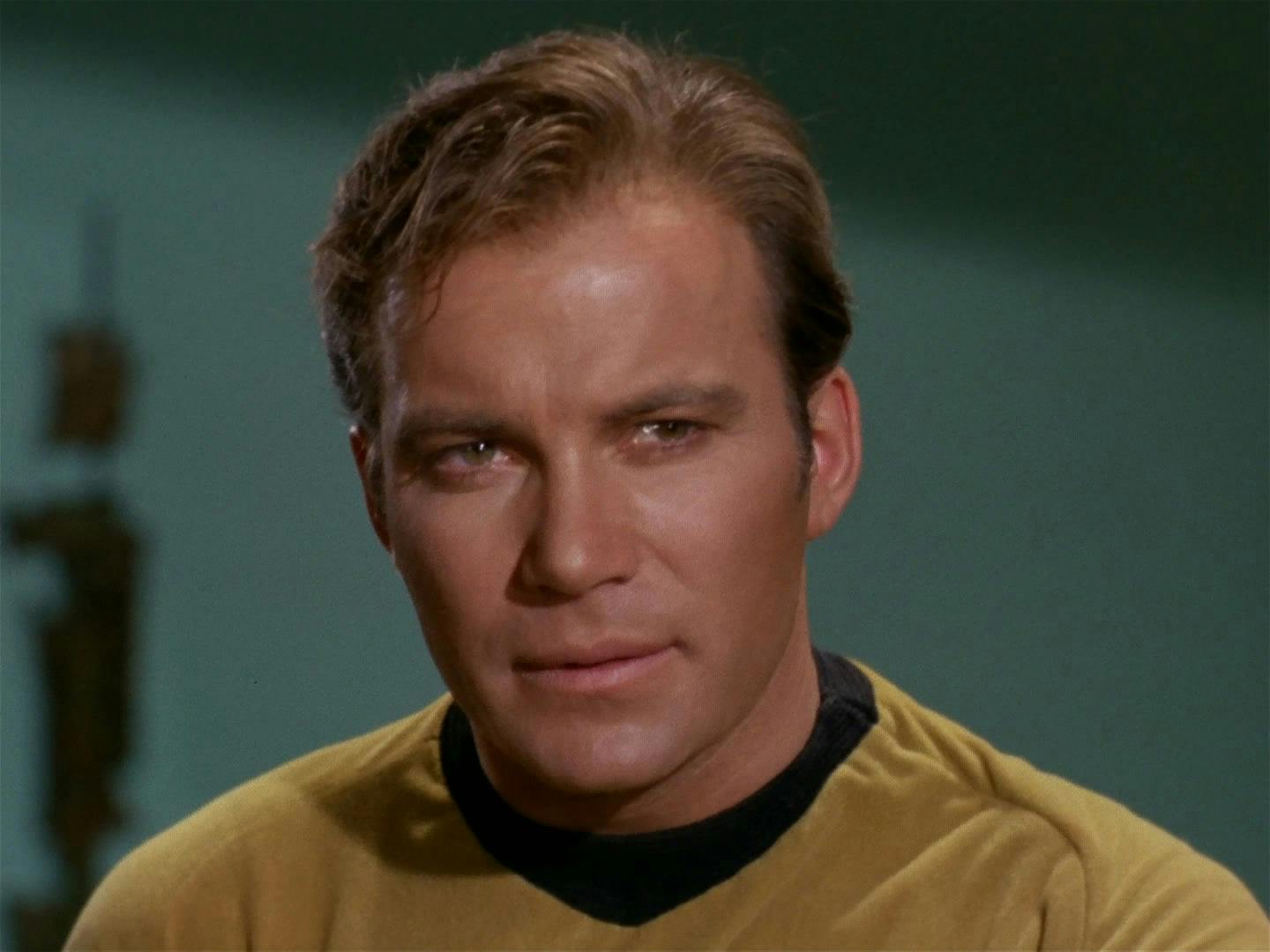
StarTrek.com
In another ardent appeal on Eminiar VII, Kirk outlines the true tragedies of war to Anan 7. The planet’s search to create “humane” warfare has resulted in an endless cycle of death that consumes lives without any end in sight. Free of disease and collateral destruction, the two warring planets do not feel compelled to approach each other diplomatically and engage in peace talks. By explaining to Anan 7 the devastating results inherent in a real war, Kirk finally convinces the Eminian Union’s First Councilman to rethink his position and approach his counterpart with a peaceful overture.
2. “Where I come from, size, shape, or color makes no difference… and nobody has the power.” - “Plato’s Stepchildren”
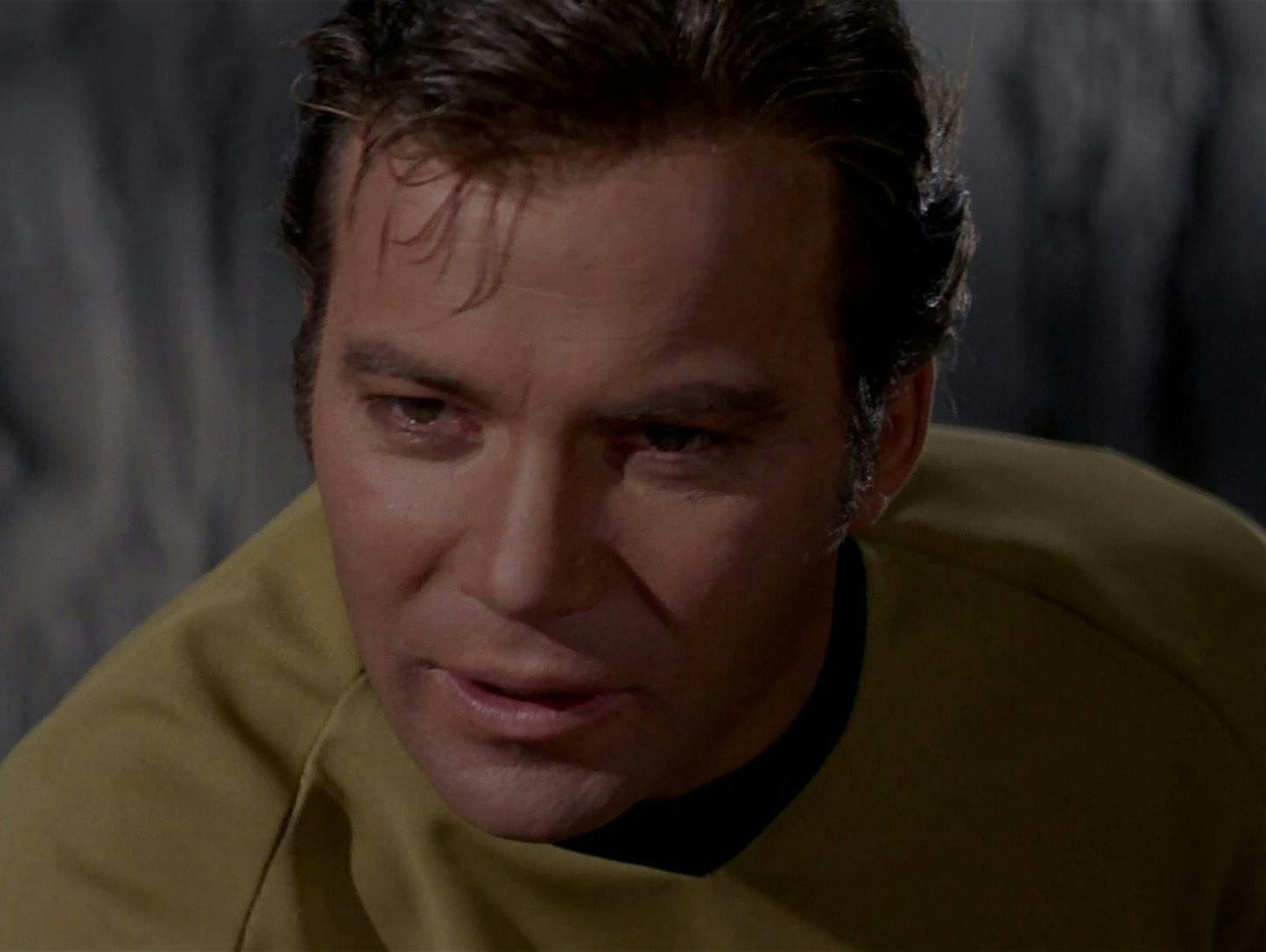
StarTrek.com
Ridiculed by his fellow Platonians just because of his height and lack of psychokinetic powers, Alexander asks Kirk what society is like where he is from. The captain’s reply stands as a symbol of the equality that our planet still strives for and demonstrates the ideals of the utopia that Gene Roddenberry envisioned for humanity’s future. Embracing diversity continues to be a driving force behind the stories that Star Trek tells.
1. “Well, here's one thing you can be sure of, Mister. Leave any bigotry in your quarters, there's no room for it on the bridge.” - “Balance of Terror”
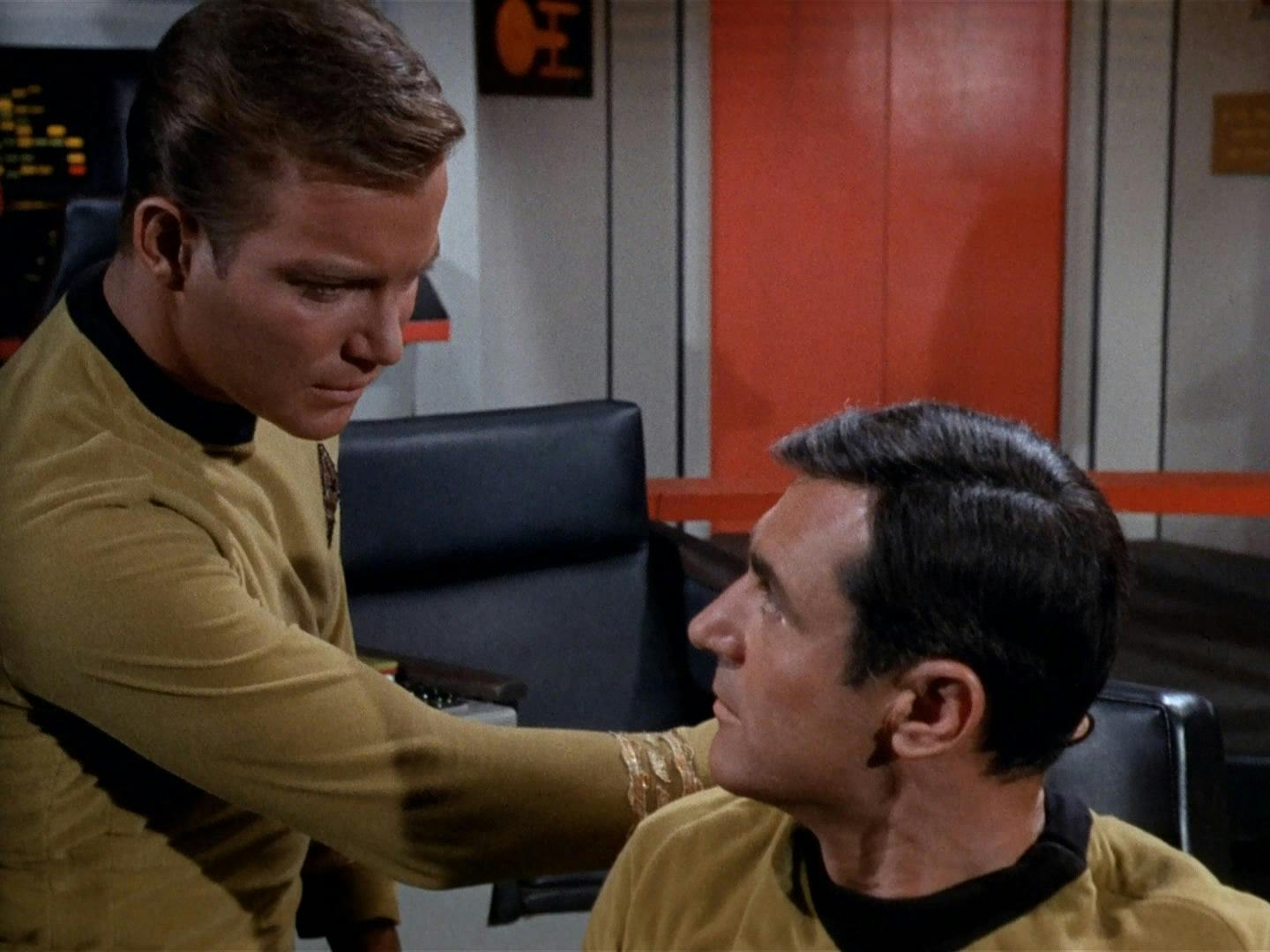
StarTrek.com
Blaming the Romulans for the death of his ancestors, Lieutenant Stiles openly displays distrust toward the alien species. Once the crew gets a glimpse of the Romulans and recognizes that they may be related to Vulcans, Stiles turns his ire against Spock and refers to the first officer with disdain. Kirk overhears the abusive tone and offers one of the most clear-cut rebukes of intolerance that the series ever produced. With the words “the bridge” acting as a metaphor for our society as a whole, Kirk pulls no punches when he declares that such bigotry does not belong in our civilization.
This article was originally published on March 22, 2021.
Jay Stobie (he/him) is a freelance writer who has contributed articles to the official Star Trek website and Star Trek Magazine, as well as to Star Wars Insider and the official Star Wars website. Jay also serves as a part-time assistant and consultant advising many actors and creatives who work on his favorite sci-fi shows and films. He can be found on Twitter and Instagram at @StobiesGalaxy.
Stay tuned to StarTrek.com for more details! And be sure to follow @StarTrek on Facebook, Twitter, and Instagram.
